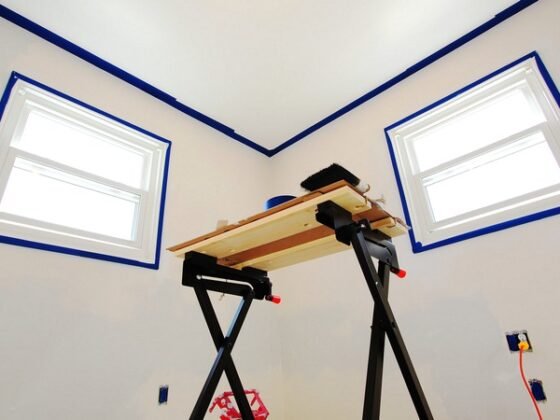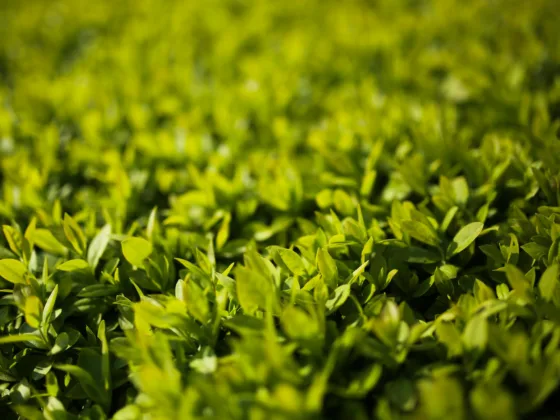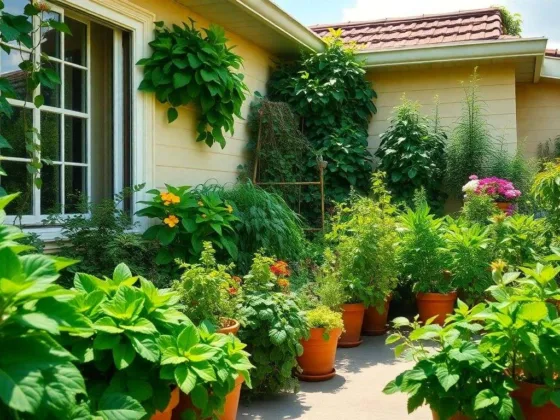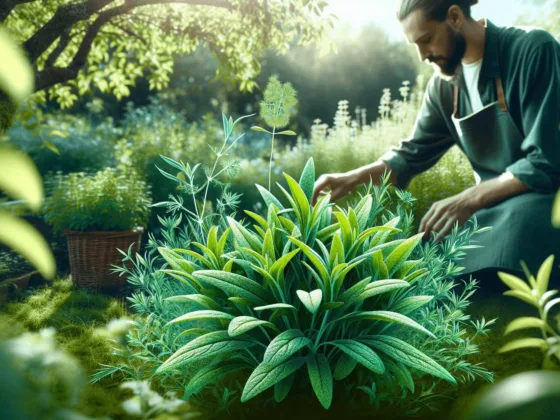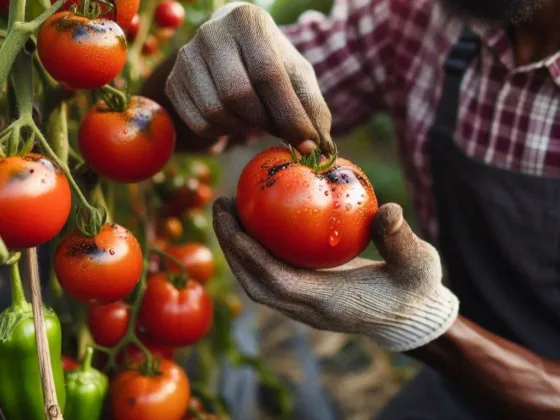Table of Contents Show
Staying healthy is something most people are concerned with. As you age, you will need to focus more on eating healthy foods and working out regularly. By doing this, you will be able to avoid serious health ailments and obesity.
If you are looking for a way to make getting great vegetables more affordable, starting an organic garden is a great option.
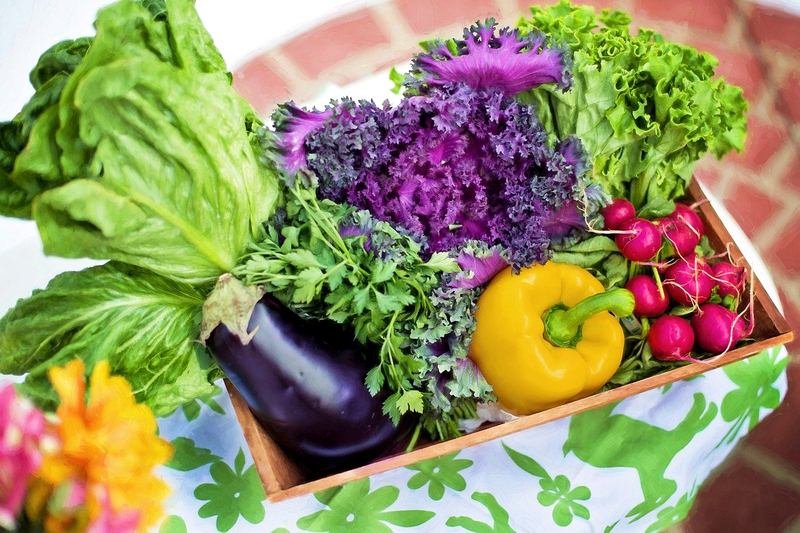
Over 164 million homeowners in the United States have a vegetable garden. If you are new to the world of gardening, you will need to get some of the tools that can help you out when planting and harvesting vegetables.
Here are some of the things you need to consider when trying to plant your first organic garden.
Read Also:
- Smart Vegetable Gardening Ideas for People with Limited Garden Space
- We Are Loving Vegetable Gardening, Let’s Start Planting Your First Garden
- Smart Tricks and Tips to Keep Deer Out of Your Yard and Garden Space
- How to Lay Sod: 5 Essential Lawn Care Steps
- 5 Frugal Gardening Tips for Beginners
- 9 Reasons You Should Start Gardening
Find a Reputable Supplier for Your Seed and Starter Plant Needs
The only way to ensure your new organic vegetable garden is a success is by investing in quality seeds or starter plants. When using organic methods of growing, you will have to find products divorce of any chemicals or pesticides. This can be a bit more challenging than you realize.
Before deciding on which seed or starter plant supplier to use, make sure they are also using organic methods. One of the best sources to use when looking for organically grown seeds and starter plants is your local farmer’s market.
The amount of effort you put into tracking down the right starter plants and seeds for your garden will be worth it in the long run.
Get Your Soil Ready for Planting
Before you can put your seeds and starter plants in the ground, you will need to pick a spot for your garden and prepare the soil.
If the soil is deficient in key nutrients, it can affect your ability to grow plants. There are tons of pH testing kits on the market that can be used to assess the condition of your soil.
If these tests show there are some nutrient deficiencies, you can address them with fertilizer and compost. Starting your own compost pile will allow you to keep the soil in good shape for a long time to come.
If you are unsure about how to maintain your soil, be sure to reach out to a more experienced gardener. Asking for help is the only way you can get the information needed to become a better gardener.
Protect Your New Garden
Once you have your plants in the ground, you will need to shift your focus to protecting them from pests. The last thing you want is for a deer or rabbit to walk into your garden and eat all of your produce.
This is why putting a fence up around the garden is a good idea. If you are unsure about how to install a fence, hiring professionals is a good idea.
Be Patient
One of the most important things you need to have when gardening for the first time is patience. Understanding it takes time to grow healthy vegetables is important and can help you avoid worrying about your crops.

